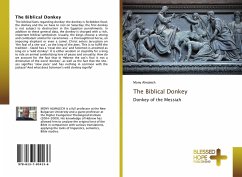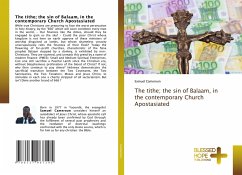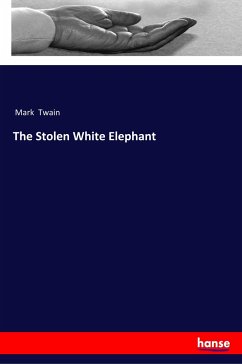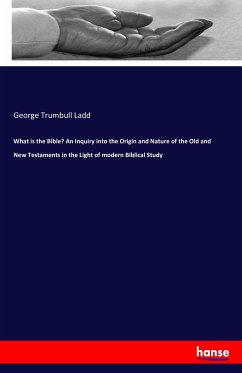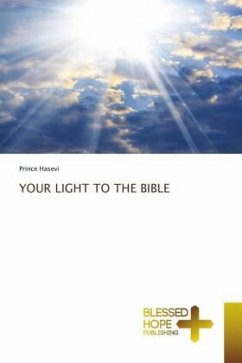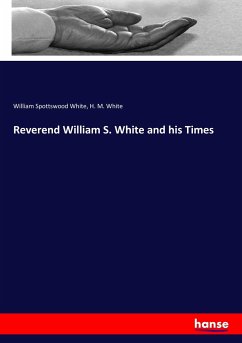The biblical facts regarding donkey: the donkey is forbidden food; the donkey and the ox have to rest on Saturday; the first donkey is not subject to destruction in the Egyptian punishments. In addition to these general data, the donkey is charged with a rich, important biblical symbolism. Usually, the kings choose a strong and combatant animal for ceremonies - a thoroughbred horse, an imposing elephant or even a camel. Christ enters Jerusalem on "the foal of a she-ass", as the king of the Jews. This is to fulfill the tradition - David has a "royal she-ass" and Solomon is anointed as king on a "wild donkey". It is either wisdom or stupidity for a king to ride an animal symbolizing love of peace and sexuality. How do we account for the fact that in Hebrew the ass's foal is not a diminutive of the word 'donkey', as well as the fact that the she-ass signifies 'slow pace' and has nothing in common with the jackass? And what does Solomon's wild donkey signify?
Bitte wählen Sie Ihr Anliegen aus.
Rechnungen
Retourenschein anfordern
Bestellstatus
Storno

